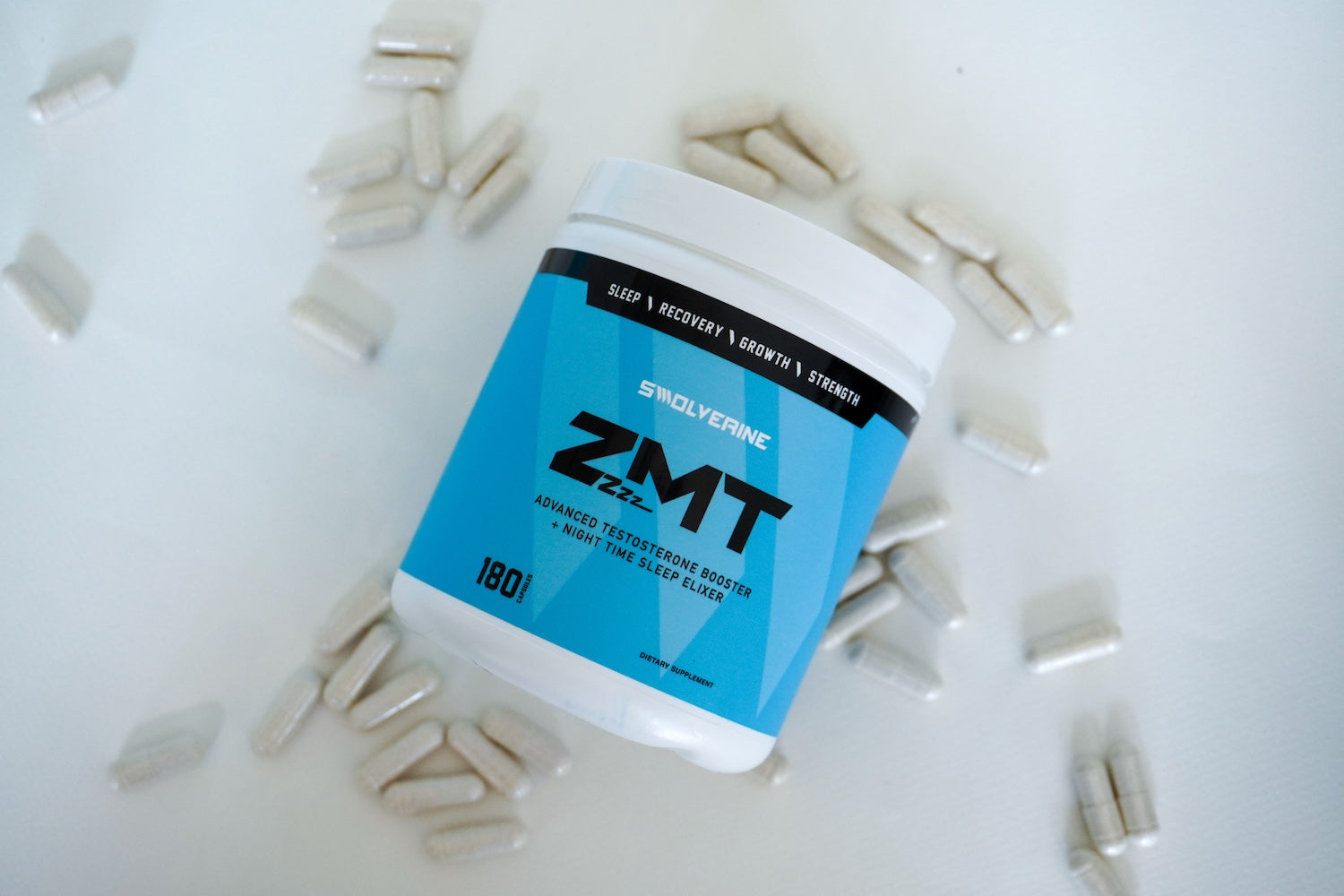In the world of health and performance supplements, glycine doesn’t always get the spotlight—but it should. As a conditionally essential amino acid and a neurotransmitter, glycine plays critical roles in your nervous system, musculoskeletal health, sleep, mood, metabolism, and more.
Whether you're an athlete, someone looking to improve cognitive performance, or simply interested in improving your sleep quality and joint health, glycine supplementation offers wide-reaching benefits. This guide will help you understand what glycine is, how it works, what it does, and where to find it in your diet.
What Is Glycine?
Glycine is the simplest amino acid structurally but far from simple in function. It is classified as a conditionally essential amino acid, meaning that your body can typically make it on its own. However, under certain conditions—such as physical trauma, chronic stress, or illness—your body may not produce enough, and supplementation becomes necessary.
“Glycine makes up about 11.5% of the amino acids in the body and accounts for 20% of total nitrogen in body proteins.” — Kalafati et al., Nutrients
Glycine was first isolated in 1820 by the French chemist Henri Braconnot and has since been studied for its vast influence on cellular health, metabolism, and neurotransmission.
How Does Glycine Work?
Glycine works through multiple biological pathways and mechanisms:
1. Neurotransmitter Action
Glycine is both an inhibitory neurotransmitter and a co-agonist of the NMDA receptor, which is crucial for learning, memory, and cognition. Its dual-action allows glycine to either calm or stimulate the nervous system, depending on the body's needs.
-
Inhibitory Role: Glycine blocks excitatory neurons in the central nervous system, promoting relaxation and reduced anxiety.
-
Excitatory Role: At NMDA receptors, glycine enhances neuroplasticity, memory formation, and mental alertness.
“Glycine’s dual role is essential for maintaining homeostasis and regulating excitatory/inhibitory balance in the CNS.” — Javitt et al., Biological Psychiatry
2. Metabolic and Structural Role
Glycine is involved in:
-
Creatine biosynthesis
-
Detoxification pathways
-
Collagen production
-
Regulation of oxidative stress and inflammation
It is also crucial in the synthesis of glutathione, your body’s master antioxidant.
What Does Glycine Do?
Here’s a breakdown of glycine’s major physiological and neurological roles:
| Function | Description |
|---|---|
| Neurotransmission | Calms the brain and regulates sleep-wake cycles |
| Collagen Formation | Provides structure to skin, joints, and bones |
| Creatine Production | Supports energy output in high-intensity activity |
| Gut Health | Reduces inflammation and protects the intestinal barrier |
| Detoxification | Assists in bile salt and heme synthesis |
| Mood Regulation | Supports serotonin and dopamine production for better mood |
The Benefits of Glycine
Cognitive Function & Mood
Glycine helps increase dopamine and serotonin levels, enhancing mood and memory. Supplementation has been linked to reduced symptoms of anxiety and depression, thanks to its calming effects on the brain via the NMDA receptor.
“Glycine increases extracellular dopamine and serotonin via NMDA modulation, influencing emotional stability and cognitive sharpness.” — Cochran et al., Neuropsychopharmacology
Improved Sleep
Glycine promotes non-REM deep sleep, decreases sleep latency, and lowers core body temperature, which is critical for restful sleep.
“Subjects reported improved sleep quality and reduced fatigue with glycine supplementation before bedtime.” — Yamadera et al., Sleep and Biological Rhythms
Glycine is also found in magnesium glycinate, one of the most effective forms of magnesium for sleep.
🔗 Try ZMT for deep, restorative sleep.
Joint & Skin Health
As the backbone of collagen, glycine supports joint flexibility, connective tissue strength, and skin elasticity. As you age, your collagen production declines—glycine helps mitigate those effects by supporting collagen synthesis.
“Collagen synthesis is upregulated with increased glycine intake, which may help prevent osteoarthritis and improve skin integrity.” — de Paz-Lugo et al., Amino Acids
Muscle Growth & Performance
Glycine is essential for producing creatine, which provides short-term ATP energy for resistance training and sprinting. It may also support muscle recovery through its anti-inflammatory properties.
“Glycine plays a major role in creatine biosynthesis and is essential for optimal muscle energetics.” — Brosnan & Brosnan, Physiological Reviews
Gut Health & Inflammation
Glycine protects against intestinal damage, particularly in cases of colitis and leaky gut, by reducing inflammation and preserving gut lining integrity.
“Glycine demonstrates a protective role in DSS-induced colitis models, supporting its use for inflammatory bowel conditions.” — Zhong et al., American Journal of Physiology
Glycine-Rich Foods
You can obtain glycine through both dietary protein and supplements. Foods high in collagen or gelatin are particularly rich in glycine.
Top Glycine Sources:
| Food | Approx. Glycine per 100g |
|---|---|
| Gelatin | 4.0–5.0g |
| Bone Broth | 3.0–4.0g |
| Chicken Skin | 1.8–2.5g |
| Pork Rinds | 1.5–2.0g |
| Turkey and Chicken | 1.2–1.6g |
| Beef | 1.2–1.5g |
| Dairy Products | 0.5–1.0g |
| Legumes (Beans, Lentils) | 0.5–0.8g |
While glycine is present in many protein-rich foods, collagen-rich sources like bone broth or gelatin offer the highest concentrations.
If you're not consuming collagen regularly, supplementing with glycine or collagen peptides can help meet your daily needs.
Conclusion: Should You Supplement with Glycine?
Absolutely—especially if you’re not getting enough through collagen-rich foods. Glycine supports:
-
Sleep quality and latency
-
Cognitive function and neurotransmitter balance
-
Joint integrity and skin health
-
Muscle performance and creatine production
-
Gut lining and anti-inflammatory pathways
At Swolverine, all supplements are manufactured in a GMP-certified facility, third-party tested, and backed by Certificates of Analysis (COAs). Whether you're trying to sleep better, recover faster, or age more gracefully, glycine can be a powerful addition to your daily stack.
👉 Shop performance-focused products like ZMT and Collagen Protein to start reaping the benefits of glycine today.
Find similar articles:
Supplements






